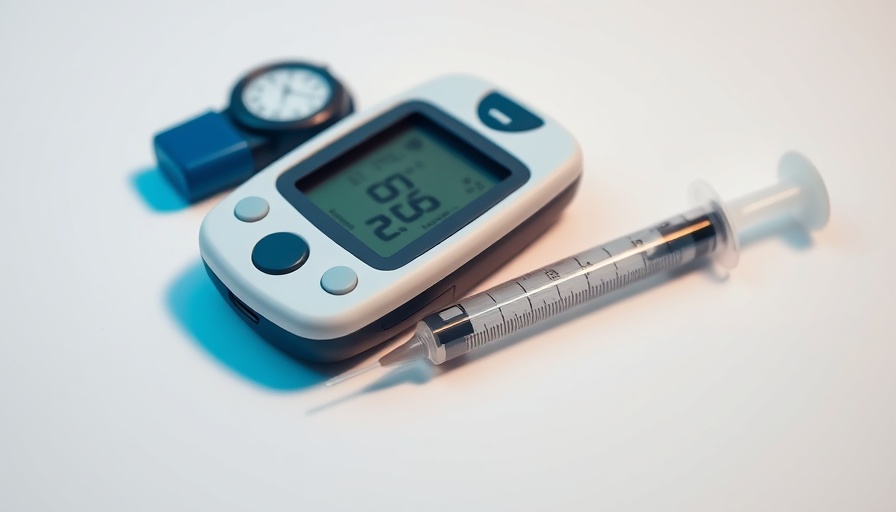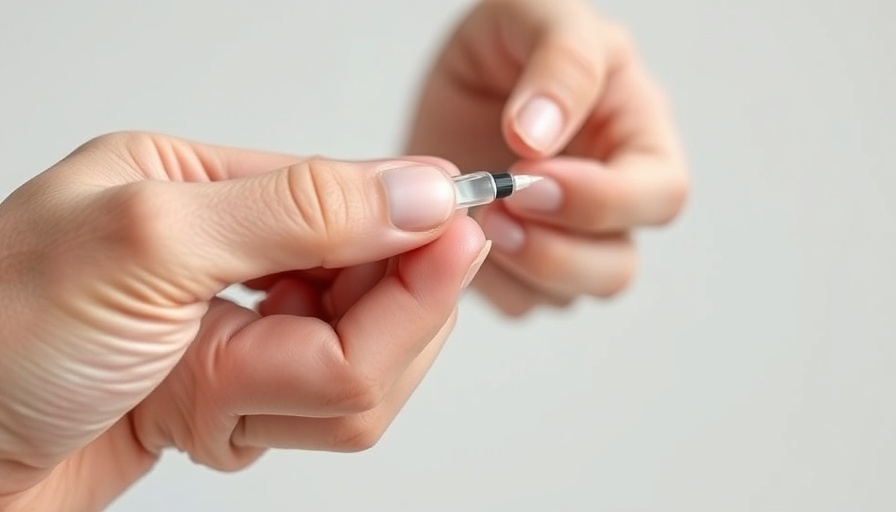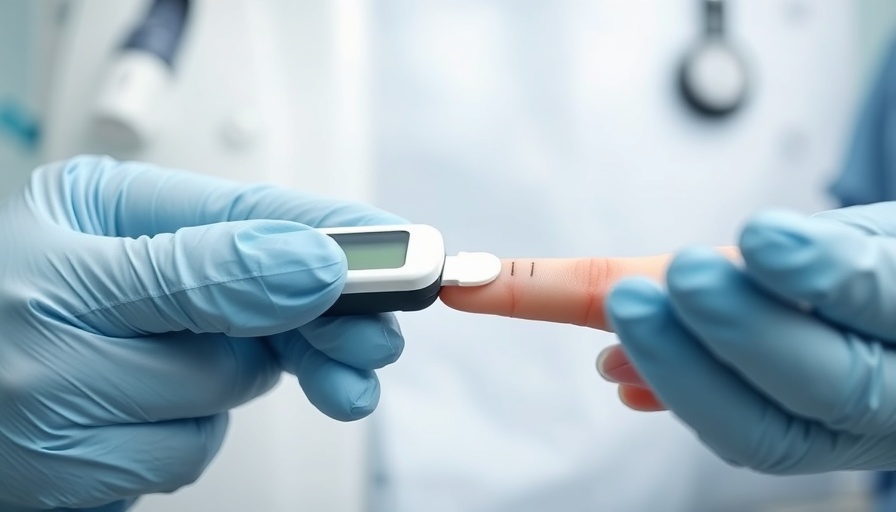
Understanding Diabetes and Its Impact
Diabetes has emerged as one of the predominant health challenges of our time, affecting millions globally. Defined by elevated blood sugar levels, diabetes can be classified primarily into two types: Type 1 and Type 2. Type 1 diabetes, an autoimmune disorder, requires lifelong insulin therapy due to the body’s inability to produce insulin. In contrast, Type 2 diabetes, which is far more common, often develops from lifestyle factors such as poor diet, lack of physical activity, and obesity. This brings us to the pressing question: Can we effectively manage, or even reverse, Type 2 diabetes through lifestyle changes and other health interventions?
The Promising Concept of Diabetes Remission
Though there is currently no definitive cure for diabetes, a state known as remission can be achieved, particularly for Type 2 diabetes. Remission occurs when individuals maintain normal blood sugar levels without relying on diabetes medications. This state can significantly enhance quality of life and reduce the risk of complications associated with diabetes.
Key Factors Influencing Remission
Several factors play a crucial role in the potential for achieving diabetes remission. Key among these are:
- Weight Management: Studies show that weight loss, particularly the reduction of visceral or belly fat, can greatly improve insulin sensitivity and blood sugar control.
- Dietary Choices: Eating a balanced diet rich in fruits, vegetables, lean proteins, and whole grains while avoiding processed foods and added sugars is critical. Such dietary modifications can lead to substantial improvements in blood sugar levels.
- Physical Activity: Regular exercise, whether through walking, cycling, or strength training, has been scientifically linked to lower blood sugar levels and improved health overall.
Medical Interventions: Supportive but Not Sole Solutions
While lifestyle changes form the foundation of diabetes management, some individuals may require medical support. This might include medications aimed at controlling blood sugar levels. Additionally, for individuals struggling with severe obesity and uncontrolled diabetes, bariatric surgery may be a viable option, leading to significant weight loss and even diabetes improvement.
Navigating Challenges: The Reality of Diabetes Management
Despite the potential for remission, it’s crucial to recognize that diabetes management is not a one-size-fits-all solution. Individual variability means that diabetes strategies often differ widely in effectiveness from person to person. Maintaining long-term lifestyle changes can also present ongoing challenges, necessitating robust support systems and motivation to stick with new habits.
The Role of Intermittent Fasting and the Keto Diet
Recently, dietary strategies such as Intermittent Fasting and the Keto Diet have gained traction in diabetes management. Intermittent Fasting promotes a cycle of eating and fasting, which can help in weight loss and improving insulin sensitivity. On the other hand, the Keto Diet, which is high in fats and low in carbohydrates, may assist some individuals in stabilizing blood sugar levels effectively.
Real-Life Success Stories: Inspiration and Hope
Personal stories of individuals who have successfully managed or reversed their Type 2 diabetes can be invaluable. These narratives often share common threads: a commitment to healthier choices, the importance of having a support system, and a willingness to adapt and learn. By connecting with these stories, others may find the motivation to embark on their own journey toward improved health.
Future Outlook: Making Informed Decisions
As research continues, the future of diabetes management looks promising. With ongoing studies examining new treatments, dietary interventions, and lifestyle habits, we can anticipate new strategies that could empower individuals to achieve better health outcomes. Understanding the possibilities of remission encourages everyone to explore lifestyle changes that foster a healthier future.
While the journey with diabetes may present challenges, knowing that remission is an attainable goal can inspire individuals to take proactive steps today. Consistent monitoring, maintaining a balanced diet, engaging in regular exercise, and working closely with healthcare providers are all essential components of the path to better health.
Your Path to Management: Take Action Today!
If you feel inspired by the potential for remission, consider taking immediate actions. Start by setting small, achievable health goals, whether that’s incorporating a new exercise routine or experimenting with healthier meal options. Every step you take towards improving your lifestyle can bring you closer to taking control of your diabetes.
 Add Row
Add Row  Add
Add 



 Add Row
Add Row  Add
Add 


Write A Comment